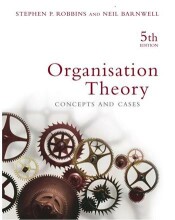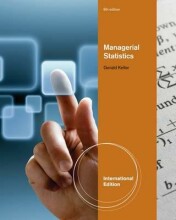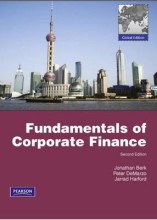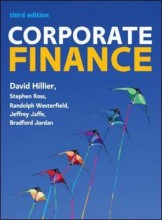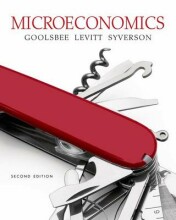Summary: Human Resource Management
- This + 400k other summaries
- A unique study and practice tool
- Never study anything twice again
- Get the grades you hope for
- 100% sure, 100% understanding
Read the summary and the most important questions on Human Resource Management
-
Managing Human Resources
This is a preview. There are 13 more flashcards available for chapter 18/01/2020
Show more cards here -
What is human resource management?
The policies, practices and systems that influence employees' behaviour, attitudes and performance -
What is human capital?
The organisation's employees -
What is a high-performance work system?
An organisation in which technology, organisational structure, people, and processes work together seamlessly to create an advantage in the competitive environment -
What are the 3 product lines of HR?
1. Administrative services and transactions (hiring employees or answering benefit questions)
2. Business partners services (developing HR systems for attraction and development of people)
3. Strategic partner (understand existing and needed human resources that lead to competitive advantage) -
What are the top 5 qualities that employers are searching for?
1. Verbal communication skills
2. Teamwork skills
3. Decision-making and problem-solving
4. Planning and prioritising tasks
5. Gathering and processing info -
What are the 5 basic employee rights?
1. Right of free consent
2. Right of privacy
3. Right of freedom of conscience
4. Right of freedom of speech
5. Right of due process -
What is right of free consent?
The right to be treated only as they willingly and knowingly agree to it -
What is the right of freedom of conscience?
The right to refuse to do what violates their moral beliefs, as long as these beliefs reflect commonly accepted norms -
What are the steps in the employee lifecycle?
1. Work design and workforce planning
2. Recruitment and selection
3. Training and development
4. Performance management
5. Rewarding and recognising
6. Turnover and retention -
What are the 4 different types of evidence in evidence-based working?
1. Professional experience & reflection
2. Organisational facts & figures
3. Benchmarking
4. Research findings
- Higher grades + faster learning
- Never study anything twice
- 100% sure, 100% understanding
Topics related to Summary: Human Resource Management
-
Analyzing Work and Designing Jobs
-
Chapman article
-
Planning for and Recruiting Human Resources
-
Selecting Employees and Placing Them in Jobs
-
Managing Employee Performance
-
Training Employees
-
Developing Employees for Future Success
-
Establishing a Pay Structure
-
Separating and Retaining Employees
-
Building Credible Human Capital Analytics for Organisational Competitive Advantage






















